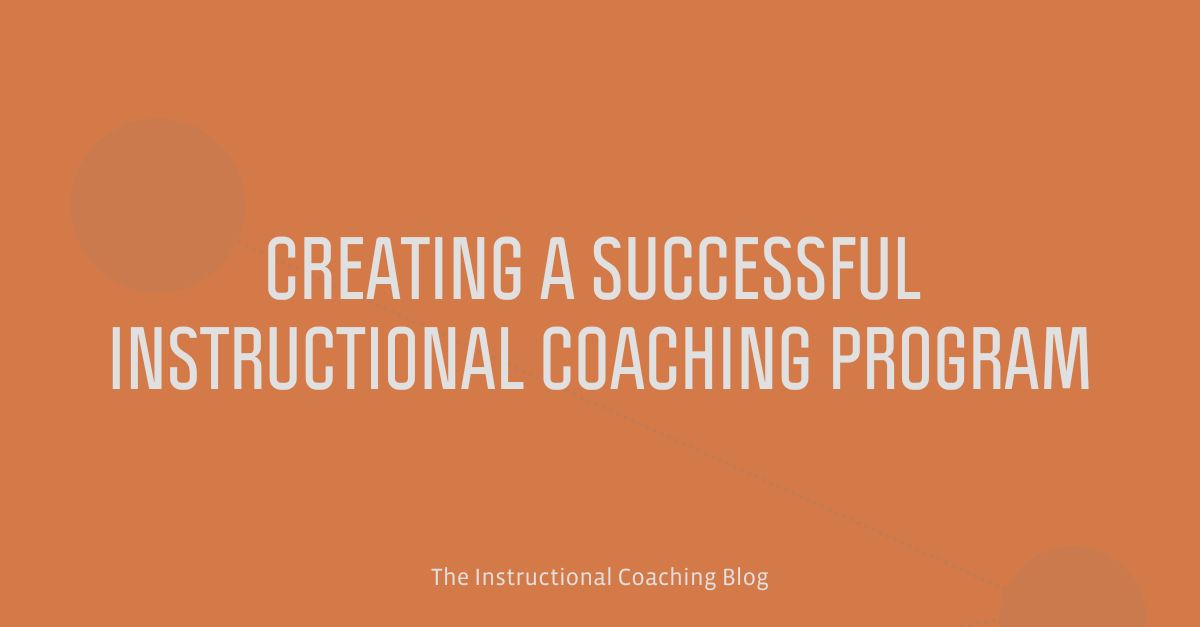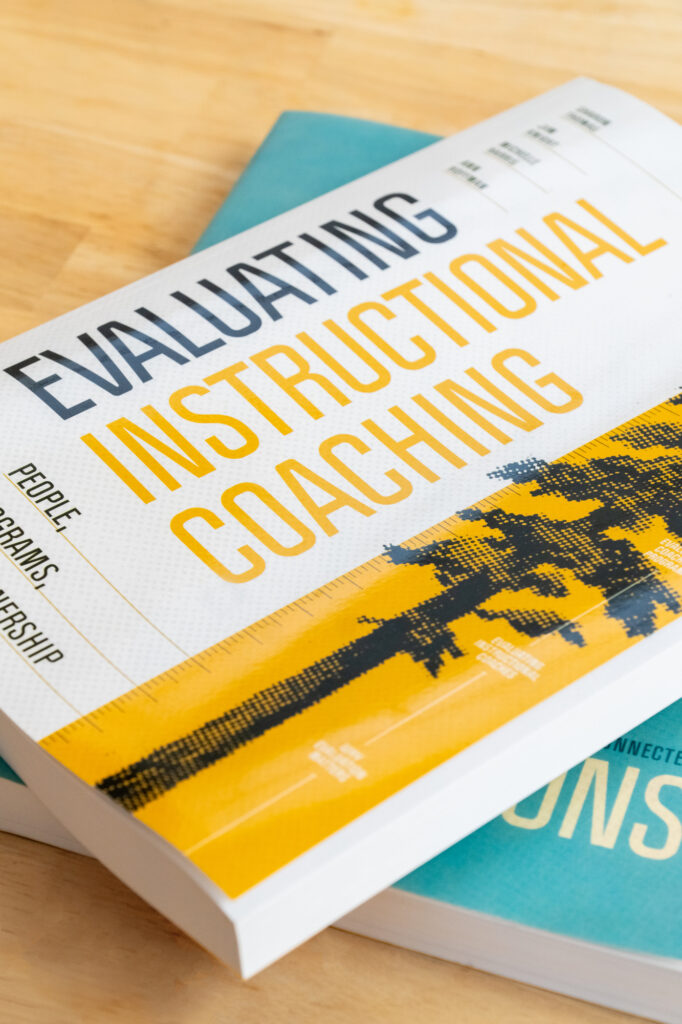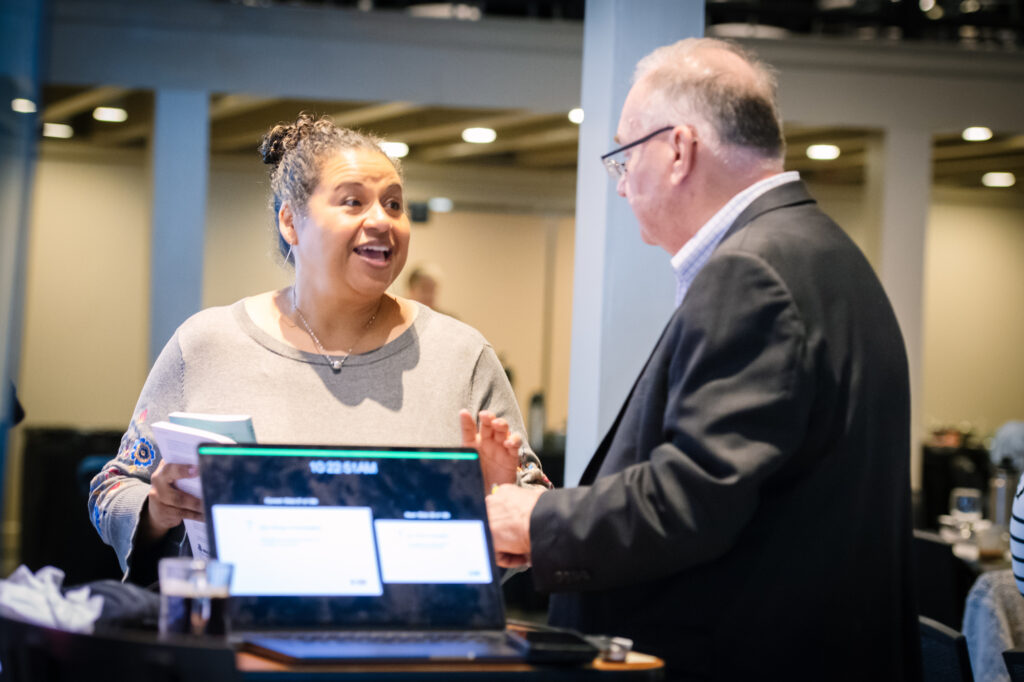One of the most powerful ways to get better at anything is to work with a coach. I’ve frequently quoted Atul Gawande, who has written that, “Coaching done well may be the most effective intervention designed for human performance.” Please note carefully what Dr. Gawande says: coaching “done well” has great potential. Coaching done poorly, however, might not make a lick of difference. Indeed, poor coaching could make things worse not better.
Since coaching done well is so important, my colleagues and I at the Kansas Coaching Project at the University of Kansas Center for Research on Learning have conducted research to identify (a) the knowledge and skills effective instructional coaches must have to be successful and (b) the support and coaching instructional coaches need so they can acquire the right knowledge and skills. Each is described below.
What Coaches Need to Know and Do
We have identified five essential domains (knowledge and skills) that need to be in place for instructional coaches to succeed. When any of the five domains is missing, a coach’s chances for success are significantly diminished.
1. Teaching Practices.
Instructional coaches share proven practices with teachers to help teachers meet student-focused goals. For example, Lea Molzcan, an instructional coach I described in High-Impact Instruction (2013), collaborated with a teacher to help her learn how to teach clear behavioral expectations to reduce non-instructional time (e.g. students settling down to learn at the start of class, passing out papers, engaging in small conversations before working, transitioning between activities, getting ready to leave class before the end of the lesson and so forth). Non-instructional time in the teacher’s classroom went from an average of 10 minutes to 2 minutes each day. Over 172 days 8 minutes added up to the equivalent of 5 weeks more instruction.To be effective, instructional coaches who help teachers meet goals will need a deep knowledge of a small, comprehensive set of high-leverage teaching practices they can use to help teachers succeed. I describe such an instructional framework in my book High-Impact Instruction.
2. Coaching Process.
For the past six years, we have used design research to intensively study and refine the way coaches work with teachers. We have found that coaches must know how to guide teachers to (a) identify student-focused goals, (b) identify high-impact teaching practices that will enable teachers to hit the goals, (c) ensure teachers understand those practices by describing them (often using checklists) and modeling them so teachers can see them in practice, and (d) help teachers make adjustments and monitor progress toward those goals until the goals are met. The most recent description of this research is included in Focus On Teaching.
3. Working with Adults.
Coaches can know a lot about teaching, but if they don’t know how to work with adults, they may struggle to succeed. Our research suggests coaches need to understand how complex it is for one adult to help another, and we have studied and validated a partnership approach coaches can take with adults which positions teachers as equal partners in all coaching conversations. My most comprehensive description of the complexities of helping and the partnership approach is included in Unmistakable Impact.
4. Communication Skills.
Coaching is relational, and coaches need to know how to build relationships that make it possible for them to speak the truth so it will be heard by collaborating teachers. In particular, coaches need to be good listeners, ask good questions, build emotional connections, find common ground, build trust, and redirect destructive interactions. These skills are described in Instructional Coaching and Unmistakable Impact.
5. Leadership Skills.
We have found that the coaches who lead change successfully must have two attributes. First, they must be deeply respectful and responsive to the teachers with whom they collaborate, adjusting their approach depending on the personality and needs of each teacher and his/her students. Second, they must be assertive, leading change in an organized, ambitious forceful manner. These skills are described in Instructional Coaching.





























